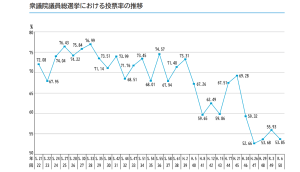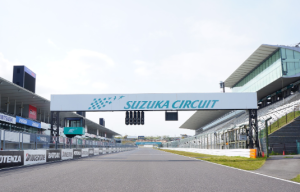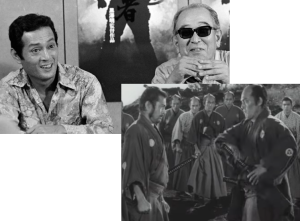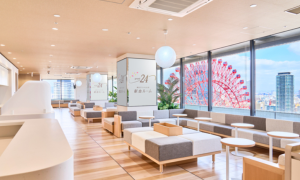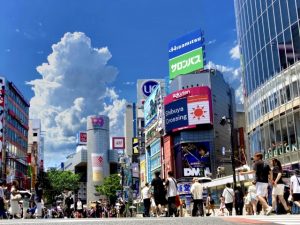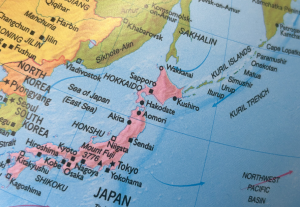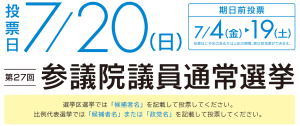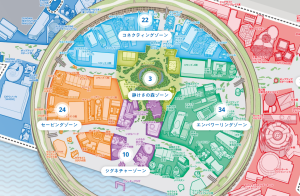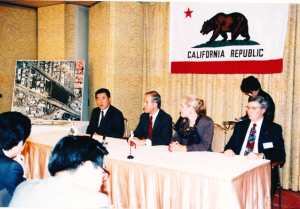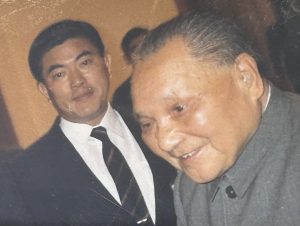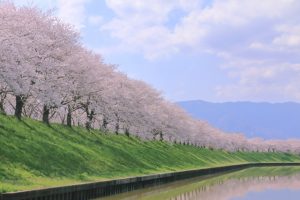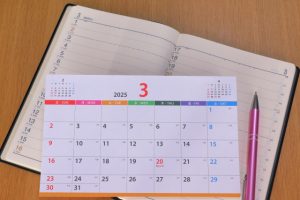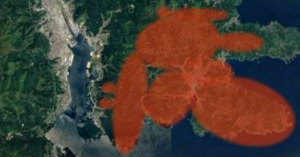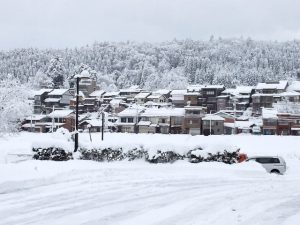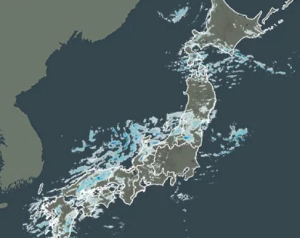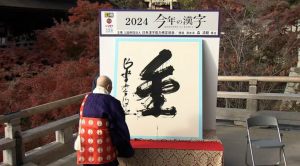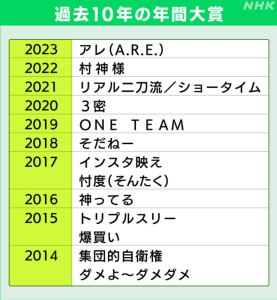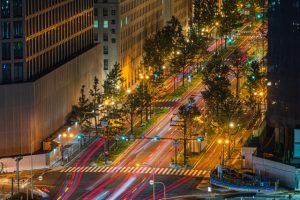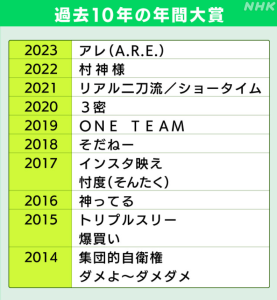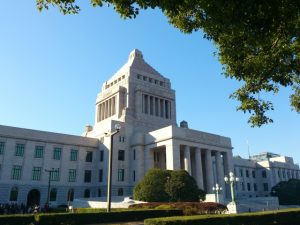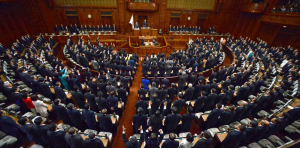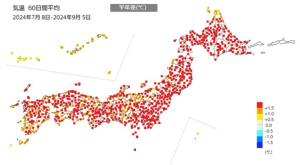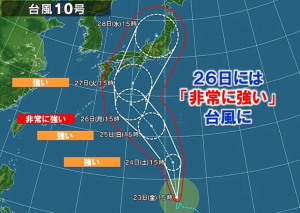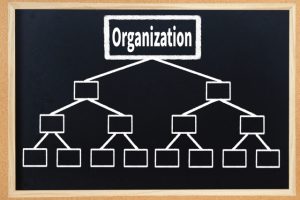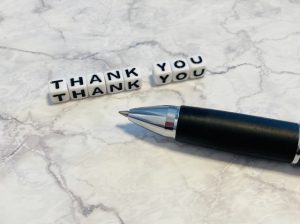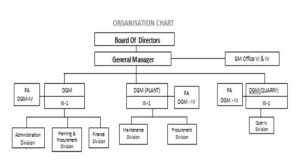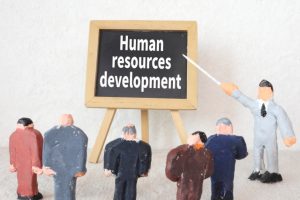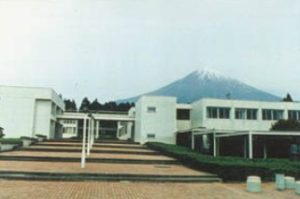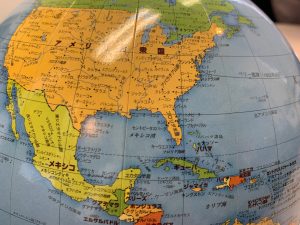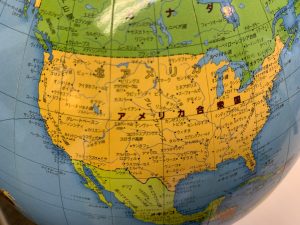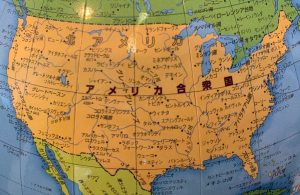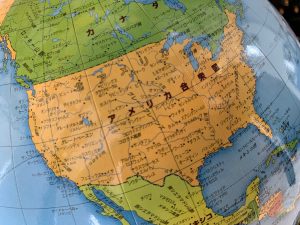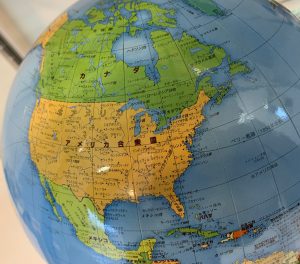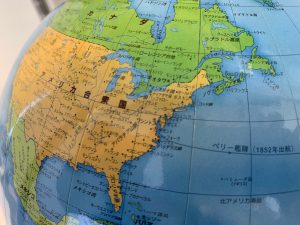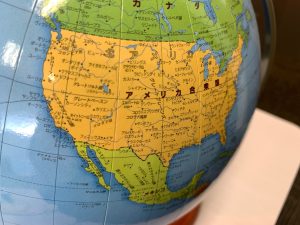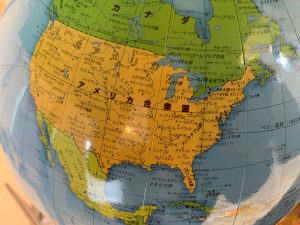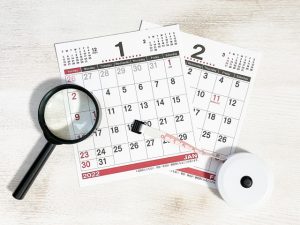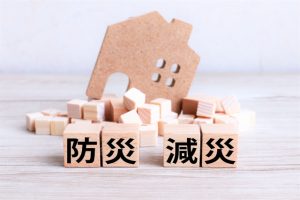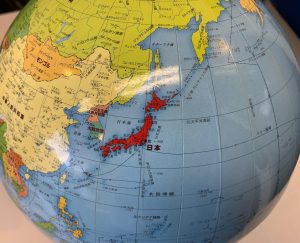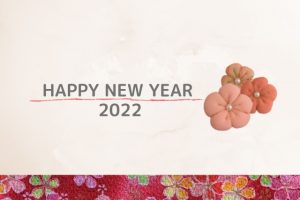Re: A news item and subject which I just want to check out (95) June 16, 2023
■■There have been a lot of movements and events this week.
■My participation in a two-day, one-night excursion to Kyoto:
I participated in a two-day, one-night excursion that is a sightseeing and gourmet tour to Kyoto last week. I went to places of scenic beauty and historic interest namely Sanzenin in Ohara, Giouji in Sagano, Jingoji in Takao, and Imamiyajinjya in Murasakino Imamiya-cho, Kita-ku. The view of hydrangeas in full bloom now and moss plants in ancient temples was wonderful in the deep mountains where blue maples shine. And I realized again that there are many temples in Kyoto. There are 3,065 temples in Kyoto. According to my sources, surprisingly, the prefecture with the most temples in Japan was Aichi where there are 4.558 temples. Incidentally, I hear that there are 3,382 temples in Osaka and 2,876 temples in Tokyo.
On the other hand, gourmets were ayu that has just been lifted and dishes made with freshly picked wild vegetables, and they were very fresh and delicious. Many of the participants were from Tokyo, and they had done a lot of research beforehand, which was only natural considering they had come all the way from far away, and there were many things I could learn about Kyoto. It is called “it is often difficult to see what is right in front of your eyes”, and when I come to think of it, I am from Kansai, but have never gone up Tsutenkaku. And I hear that even among Tokyo residents, many people have never gone up the Tokyo Tower. I feel they have been living today while thinking that “they can go anytime” or “sometime soon” only for those close to them. Reflecting on my own age, I decided to act on or realize my ideas as soon as I think of them from now on.
■The Diet will conclude its ordinary session next week:
In 150 days of the ordinary session of the Diet which started on January 23, there is a vague and fruitful bargaining going on towards the end of the session on June 21 next week. “Should we dissolve now or not?”, just because approval ratings “went up or down”. The opposition parties “should submit a motion of no confidence” in the sense of presence. On the other hand, there is a view that the submission of a motion of no confidence could give “a reason of dissolving the House of Representatives” to the Kishida cabinet, and inversely, the opposition parties may “dig their own graves, because they are not ready to select candidates. Or isn’t it better to do it now to maintain the position of the second party among the opposition parties?
Politicians always say,” always prepare yourself as if you were in a battle field”, but I wonder if that is not really the case.
“Countermeasures to the declining birthrate”, “defense costs” and so on have been discussed in the current Diet session. The essential finances were postponed. It is in a skeleton state. It has been said for a long time that one can’t win an election with “tax increases and corruption”. The Abe cabinet took over the previous administration policy target of raising the consumption tax to 10 %, and the consumption tax rate raised to 8 % in stages in April 2014, but after that, he dissolved the Diet to “seek the people’s trust” over “the one and a half years delay of the 10 % hike”, and won a big victory that exceeded two thirds of a constant. I thought that Mr. Abe’s political sense around here is incredible. It can be said that his electoral strength, where he won six consecutive national elections, brought strong support from the ruling party members, and led to the longest consecutive tenure of any prime minister in history with seven and a half years by Abe administration.
■Japan is “strict on failure” and Japanese national character seeks “success on the first try” or “hitting the mark ten times out of ten”:
There are a series of troubles related to My Number card. This system is essential as a social infrastructure for “administrative efficiency”, “improvement of public convenience” and “realization of a society with justice and fairness”, and so to speak, the biggest “reform of the administration”. The opposition parties are demanding the Prime Minister Kishida’s apology and the dismissal of Mr. Kono, the Minister in charge, due to a combination of system problems and human errors. When causing scandals in Japan, “apologize first” and “sorry to create a sensation” are set phrases. I feel it is really Japanese way or it symbolizes “a national character that does not tolerate failure”. In the United States, as symbolized by the case of former President Mr. Trump, no matter how much he is prosecuted, he is innocent until proven “guilty by the court’s verdict”, and does not need to apologize.
By the way, there are always risks that you don’t know until you try something new, in particular, introducing systems in cyberspace that can’t be visually confirmed like IT. I think that it is impossible to be prefect from the start, and you need to be willing to make corrections as you go. Even though there are various risks and troubles, My Number card is a social system that should be introduced quickly. Looking back, this system started in October 2015, and is going to be eight years soon. However, the penetration rate as of April 2023 is still 67 %. The government also introduced a point system to promote it. This will not bring to mind to those who went through the procedure early. We should strengthen the legislative system and accelerate its spread, and as it is, it is unable to keep up with aging and labor shortages, and
being left behind by the tide of digitalization in the world.
The national character for this reform is the same as the so-called “2024 problem”, the application of “the work style reform related laws”, the upper limit regulation of overtime work, to the trucking industry being an issue now. This law has already been enforced for large corporations since April 2019, and for small and medium-sized enterprises since April 2020. The trucking industry has been granted a five-year period due to the special nature of its work, but it is finally going to be enforced with penalties on April 1 next year. However, I have to say that as the implementation time approaches, if “they are still not ready” and in a hurry, “what have they been doing until now?”. I think that a tendency to depend to somebody like “when necessity arises, they will be able to do something if they gripe” even if it is decided by law or the trend of leaning may be one factor for zombie companies accounting for about 20 % and for delaying structural reform.
By the way, when I was young, I had worked in New York for about five and a half years. As soon as I took up the new post, “Social Security Number” equivalent to My Number in Japan was necessary, if I want to do something such as opening an account, driver’s license, application for electricity and gas supply and so on. This system has already been introduced in the United States since 1936, 87 years ago. This personal number is valid as long as I live, and thanks to that, I have received a pension in my account from the US government every month since I became 65 years old. The United States is strict on privacy protection, but I think that the rational thinking of Americans, if convenience or efficiency outweighs it, they accept it, is at the root. The difference in speed between Japan and the United States in response to the coronavirus depending on the prevalence of this system became clear. I can only hope that digitalization will get on track in Japan soon.



